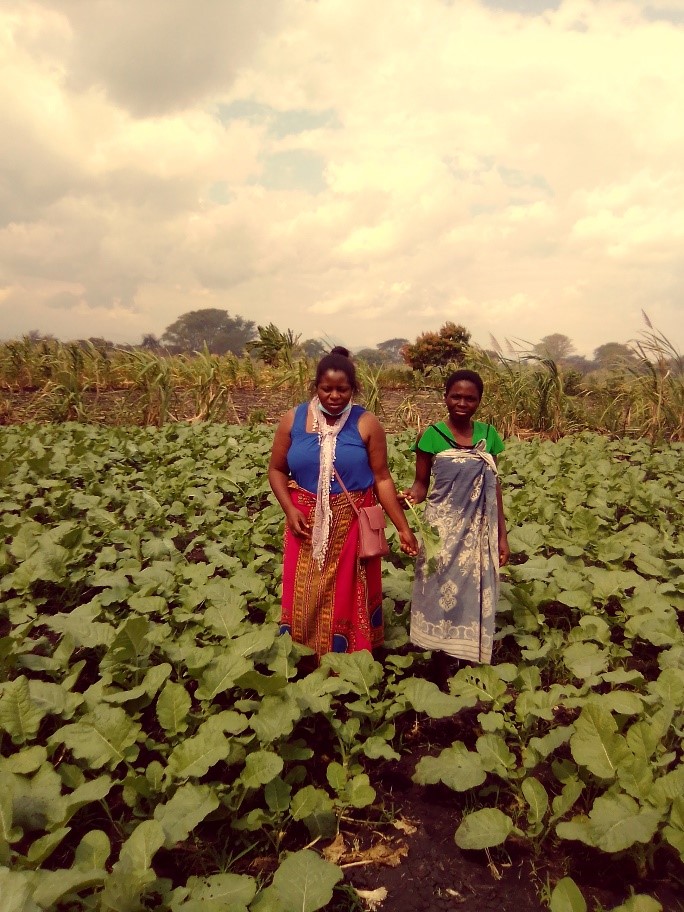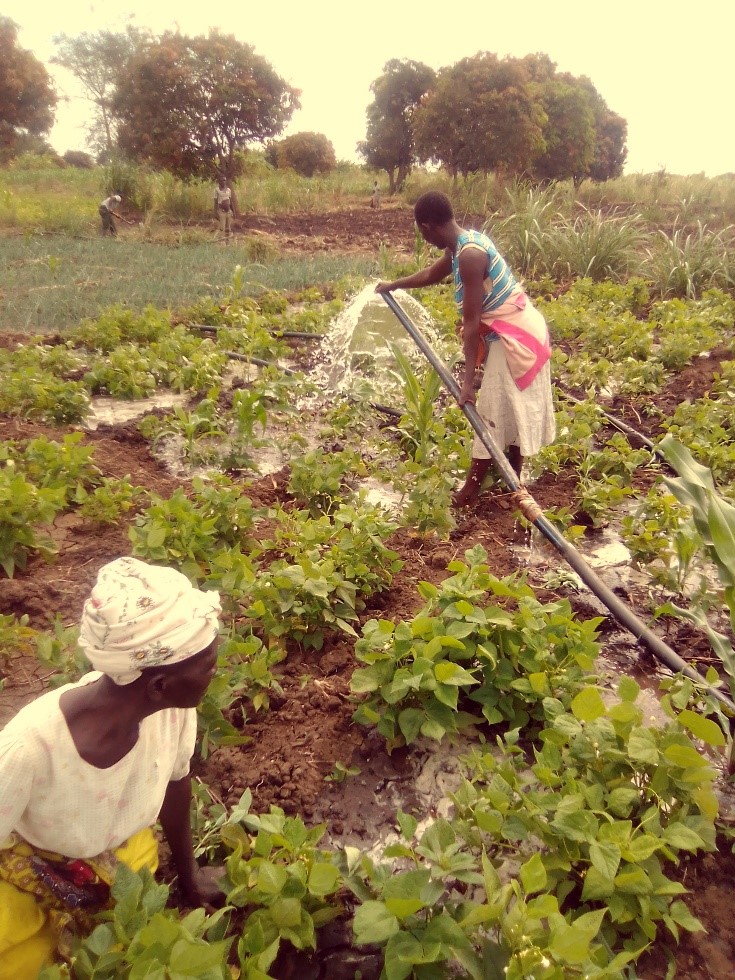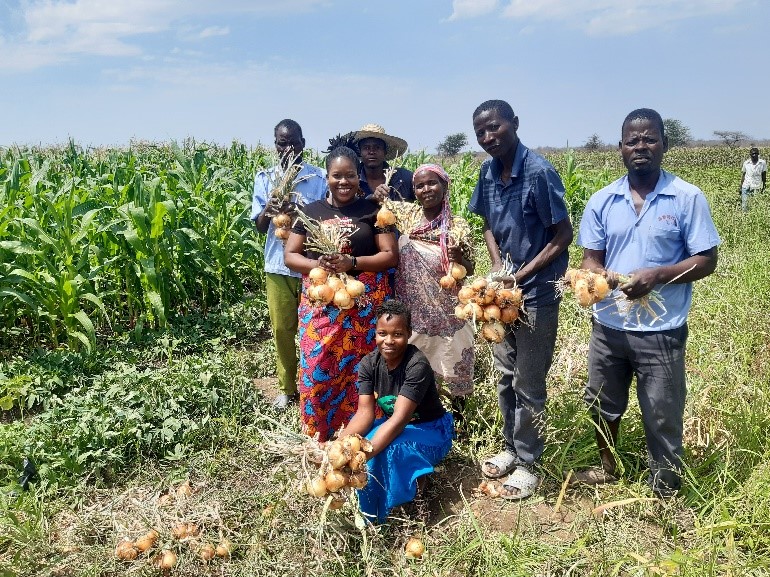Balaka and Neno are areas in Malawi that have been highly impacted by climate change. Research shows communities from these areas are food insecure all year round. Sustainable agriculture is an approach to strengthening community resilience to climate change by creating alternative livelihoods that promote change of lifestyle and economically empower communities. Sustainable agriculture is not only a solution to climate change but it is also a successful management of resources for agriculture to satisfy changing human needs.
The project aims at re-establishing and maintaining soil-plant, plant-animal and animal soil interdependence known as ecological balance. The project also creates a sustainable agro-ecological system through training and empowering the communities on organic farming through the use of permaculture principles. The essence is to ensure food security and keep people away from deforestation and charcoal burning businesses.



CSE is working with over 3000 beneficiaries of which 60% are youth and 80% women. So far, CSE, has engaged 300 community members (through lead farmers) in Balaka and Neno districts in organic farming. This includes seed distribution, seed multiplication, capacity building in sustainable agriculture and monitoring of the whole crop management process. This has seen CSE communities producing purely organic crops such as rice, beans, cabbage, onions, tomatoes, lettuce, spinach, carrots, beetroots, garlic, ginger, Irish potatoes, egg plants, rape, Chines cabbage, pigeon peas, maize, just to mention the least. The communities also established banana circles at different community water boreholes and at household levels, all to boost food security and income generation.

